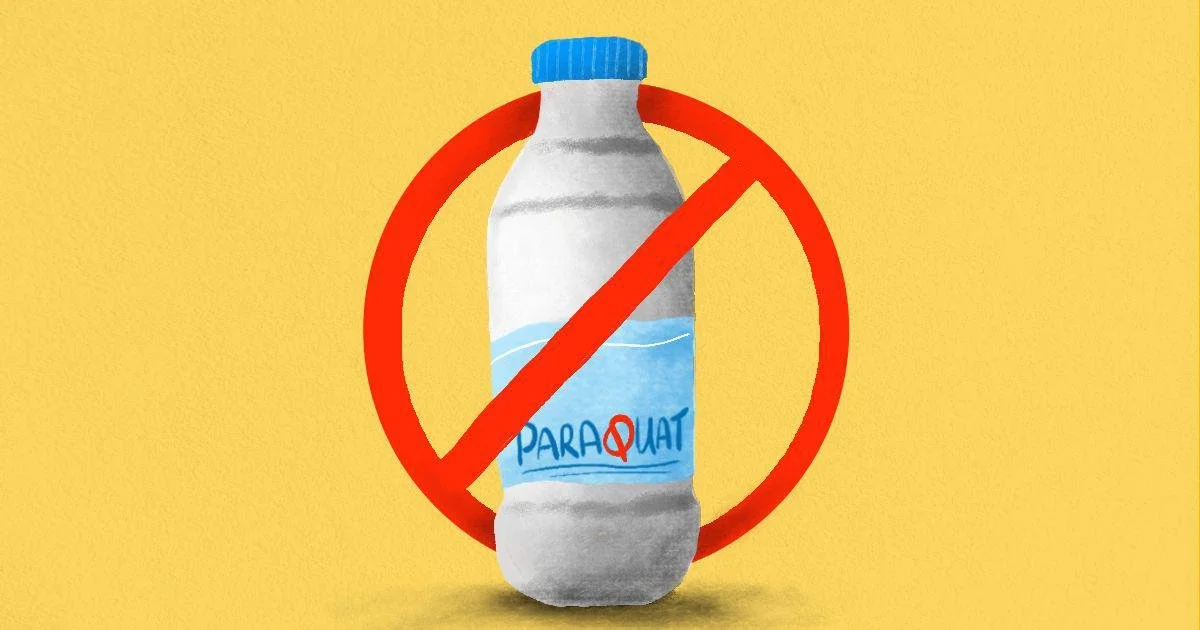NAVIGATING THE PATH TO A SAFER AGRICULTURE: SAMOA'S DELIBERATIONS ON PARAQUAT
Design by Rubin D’Souza
In Samoa, concerns surrounding the use of the herbicide paraquat have prompted significant actions by the Ministry of Agriculture and Fisheries (MAF) in collaboration with the Food and Agriculture Organization (FAO). The government's proactive stance is evident in its efforts to address the potential ban on paraquat, an agricultural chemical with implications for human health and the environment.
Government and MAF Actions:
The MAF, in tandem with the FAO, conducted a Pesticide Management Gap Analysis in 2023. This comprehensive initiative involved a stakeholder consultation in December of the same year, focusing on paraquat usage in Samoa. The key objective was to gather data and conduct evidence-based assessments, shedding light on the extent and impact of paraquat use.
However, the analysis uncovered a significant lack of substantial data on pesticide use in Samoa, particularly from groups advocating for a paraquat ban. Recognizing the importance of robust data in supporting such initiatives, efforts are underway to enhance data collection mechanisms. The MAF emphasizes the need for viable alternatives before considering a total ban on paraquat, especially for regular users like farmers.
Ongoing collaboration with international partners, including the FAO, aims not only to explore alternative options but also to ensure that any potential ban aligns with Samoa's commitments under the Rotterdam and related Conventions on the management of chemicals. The official findings of the Pesticide Management Gap Analysis, expected in 2024, will provide crucial insights into the situation and guide future actions regarding paraquat use in Samoa.
Concerns and Alternatives:
Some of the concerns raised by stakeholders include the alleged connection between paraquat and suicides, as well as its harmful impact on animals. However, the report notes a lack of substantial evidence from organizations calling for a ban regarding these claims. Moreover, alternatives to paraquat do exist, but none have proven both effective and affordable, particularly for the majority of farmers classified as subsistence to semi-subsistence.
Reasons for Delay in Paraquat Ban:
The decision-making process for a paraquat ban in Samoa is intricate and guided by international conventions, including the Rotterdam Convention. Scientific analysis, identification of alternative solutions, and consideration of social, economic, legal, and procedural aspects contribute to the time-consuming nature of the process.
Balancing the need for public health and environmental protection with economic considerations poses a challenge. Banning widely-used paraquat without a viable alternative could have substantial economic implications on agricultural supply, labor, and trade. Additionally, limited resources and capacity further contribute to the delay in the decision-making process.
As Samoa navigates this complex path towards a safer agricultural landscape, the government's commitment to thorough analysis, collaboration with international partners, and consideration of all relevant factors is evident. The anticipated findings in 2024 will play a pivotal role in shaping the future of paraquat use in Samoa, ensuring a balance between agricultural productivity and the well-being of its people and environment.

